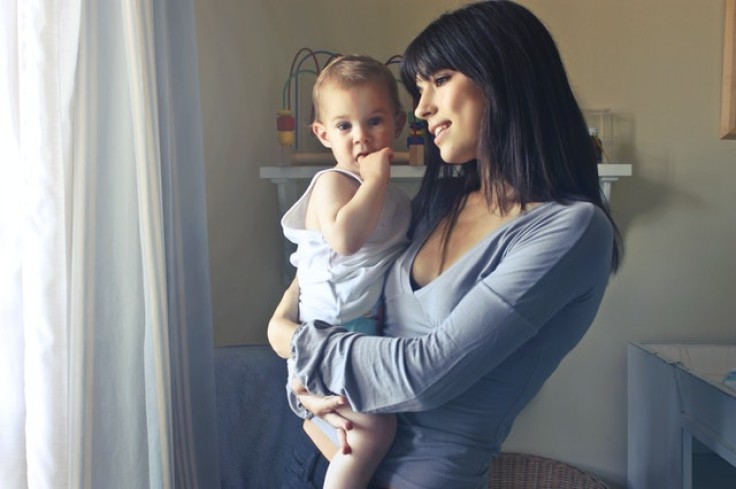
In a recent study, 1 out of 7 women may endure postpartum depression. That is in the year of giving birth.
Postpartum OCD or Postpartum Obsessive-Compulsive Disorder is one of the many types of postpartum depression. Its symptoms include a mother's thoughts and behaviors towards or about her newborn. They have scary thoughts about their babies.
According to the International OCD Foundation, maternal mental health can have adverse effects on the bond between the mother and her child.
RELATED: How to Manage Postpartum Health During a Pandemic
What moms experience with postpartum OCD
Windsor Flynn, a mom of two, shared in her article in HuffPost Personal how she battled with Postpartum OCD.
When she gave birth to her first baby, everything seemed normal to Flynn. She was not sad and was having a lovely time bonding with her baby. However, something in her mind bothered her. She was always afraid that something might happen to her baby.
Later on, this led to Flynn battling with her imagination. Some of the violent thoughts she had in her head included images of her baby drowning in the bathtub. She also felt fear every time she would walk at the railing of the second floor, and she would throw her baby down. There were even instances when her walks with her baby became scary because she thought of what might happen if she let go of her son's stroller.
Flynn was able to tick off all symptoms of postpartum OCD through the help of answers from the Internet. That is why she decided to email a therapist near her. This therapist also diagnosed her with postpartum OCD.
After more than three years, Flynn gave birth to her second child and once again experienced postpartum OCD. She no longer waited to ask for help; she immediately looked for a specialist and started therapy.
Although her thoughts have been too scary, Flynn learned through her journey that her struggles do not define her as a mother.
RELATED: 8 Helpful Ways to Minimize Postpartum Hair Loss
How to treat Postpartum OCD
Like Flynn, who chose to look for professional help, mothers who experience this type of postpartum OCD or any postpartum depression, for that matter, should seek help from experts.
Treatment from postpartum OCD usually has a combination of therapy and medication so that the mother can manage the symptoms.
One type of therapy that can help mothers who suffer from this kind of postpartum depression is CBT or Cognitive Behavioral Therapy. This therapy may help mothers work through their intrusive thoughts. They can do this by being in a safe and non-judgemental environment.
Experts may also suggest a set of medications like antidepressants. For people with obsessive-compulsive thoughts, antipsychotic drugs may also help in stopping such kinds of thoughts. Some medicines may help in providing relief from fear that is linked to postpartum OCD symptoms.
All of these are dependent on what experts suggest to patients. So for mothers who feel they are in experiencing postpartum OCD, it will still be best if professional help is consulted.